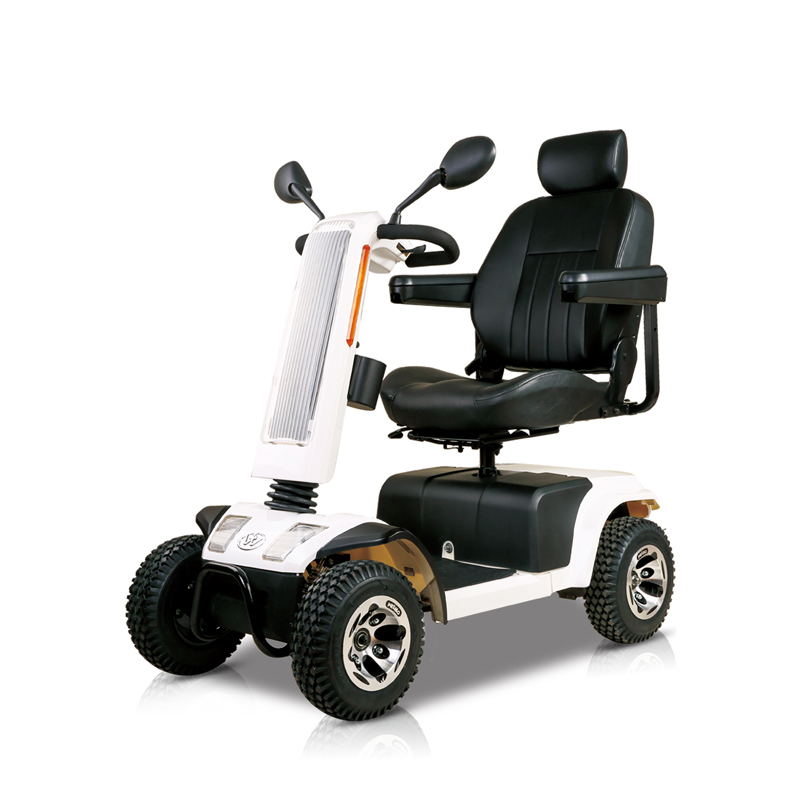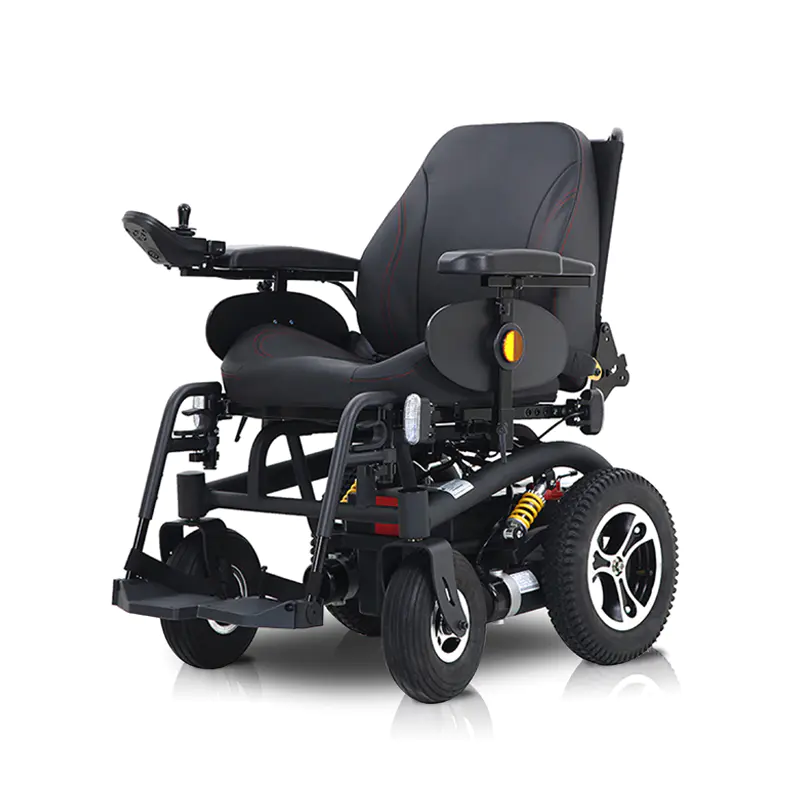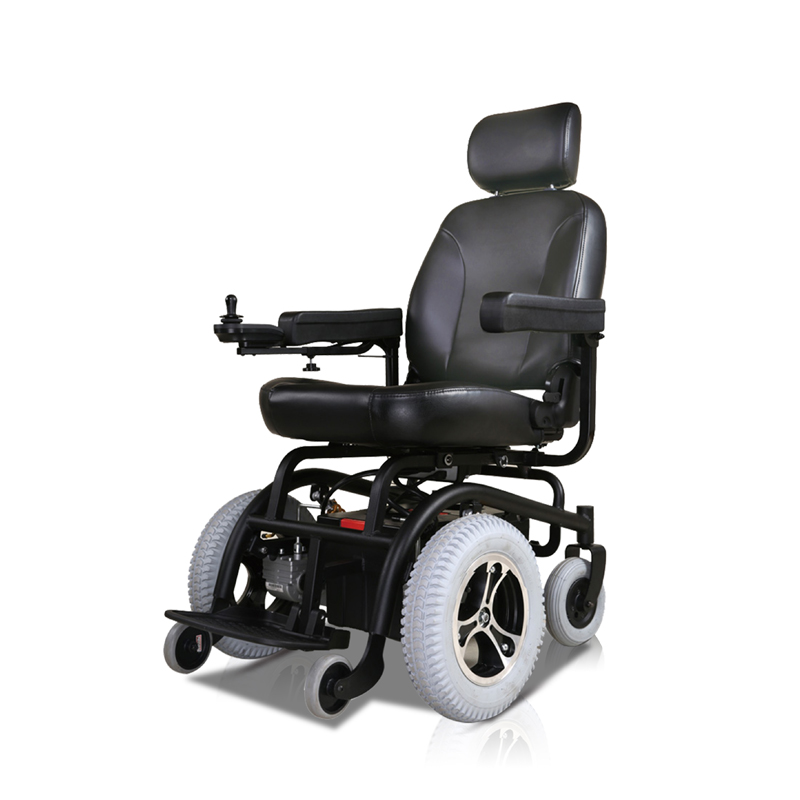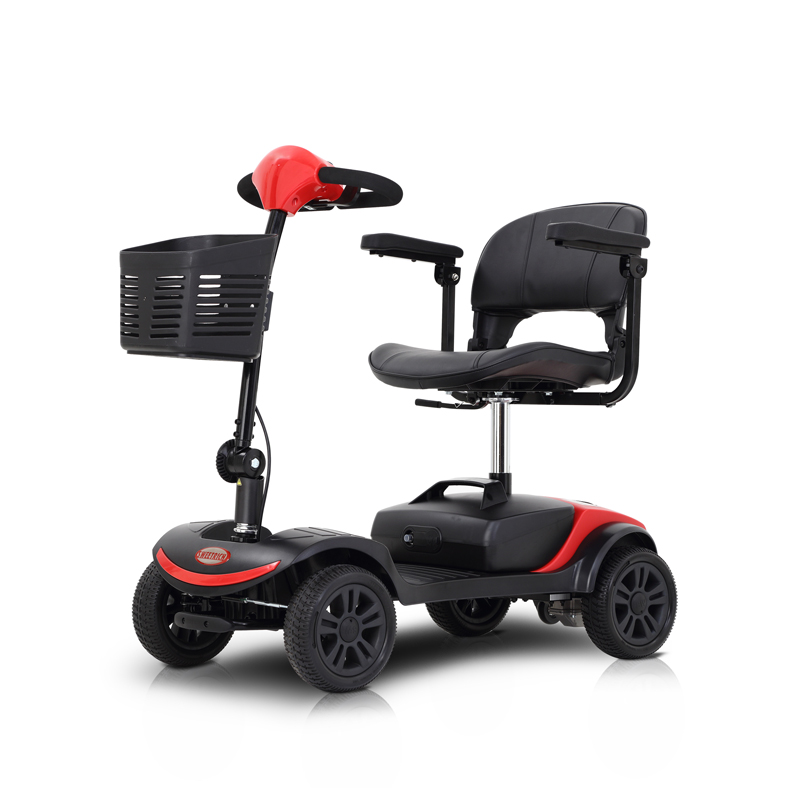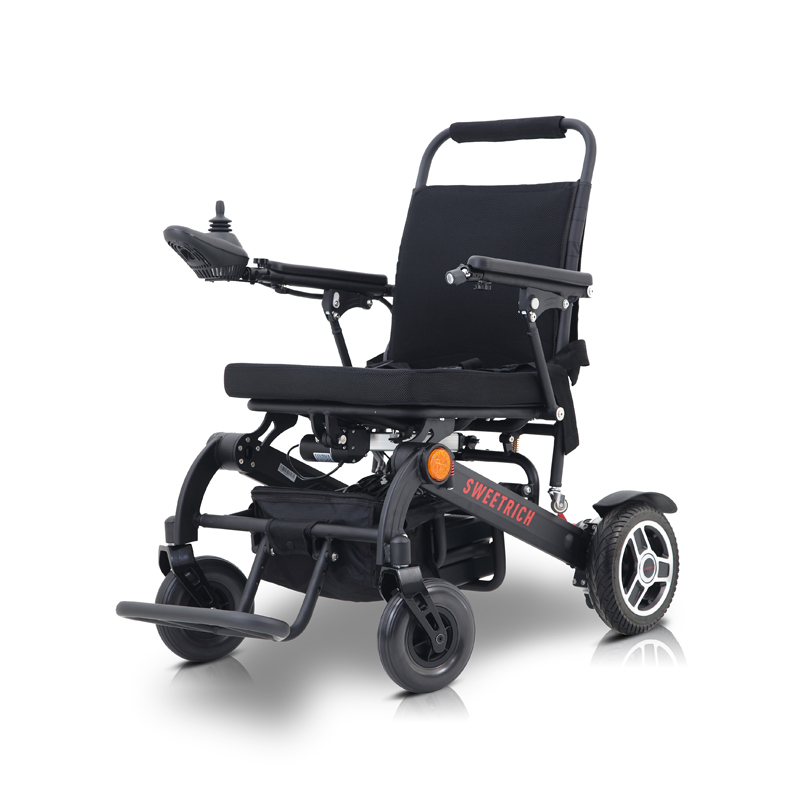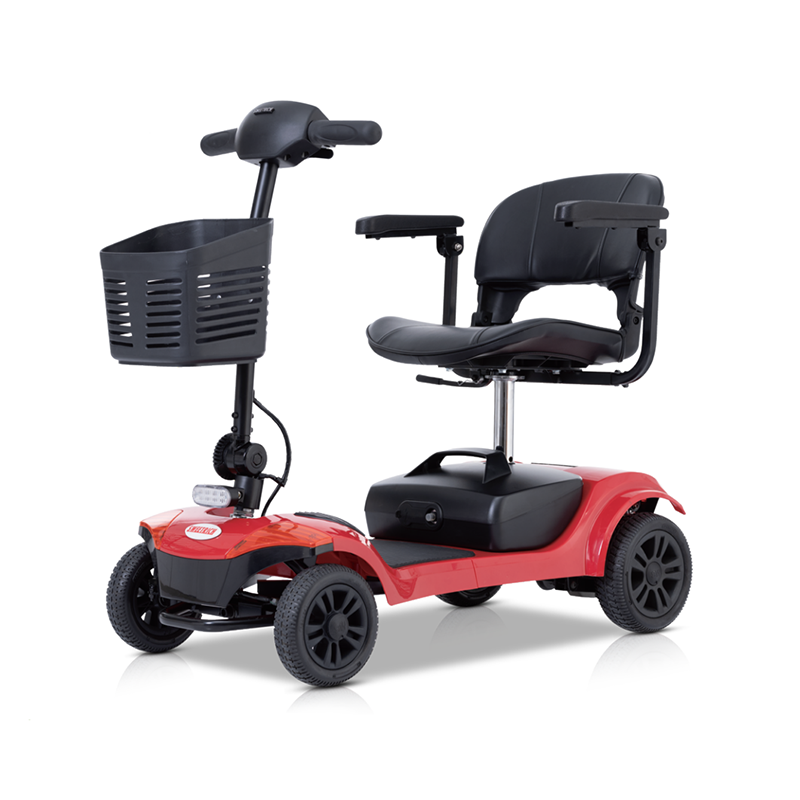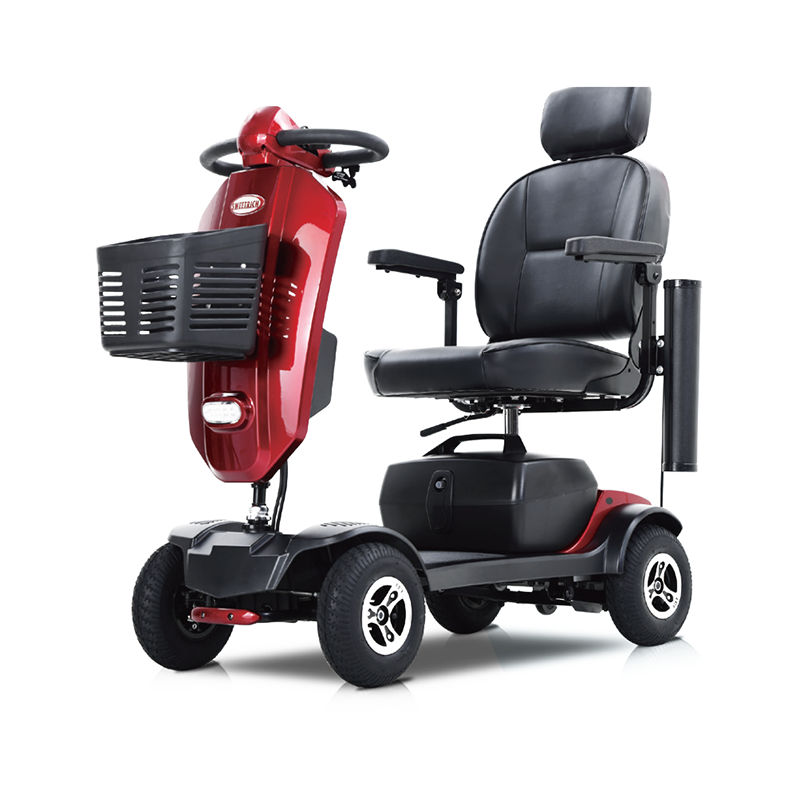In the evolving landscape of personal mobility, a Mobility Scooter Factory focusing on innovation and user-centered design is reshaping how scooters serve urban commuters and individuals seeking independence. Foldable mobility scooters are gaining popularity for their convenience and portability, allowing users to navigate crowded city streets, public transportation, and compact living spaces with ease. At the same time, manufacturers are integrating ergonomic features, intuitive controls, and adaptable options to ensure that these vehicles function efficiently while providing comfort, accessibility, and reliability for a wide range of users.
The rise of foldable designs emphasizes portability without compromising durability or performance. Lightweight frames, often constructed from high-strength aluminum or composite materials, enable users to fold and store scooters quickly, making them ideal for multi-modal commuting or short-term storage in apartments and offices. These compact designs support seamless transitions between walking, public transport, and scooter use, addressing the “first mile” and “last mile” challenges of urban mobility. By combining portability with robust engineering, factories can offer scooters that balance convenience with structural integrity, supporting users who require consistent performance in various environments.
User-centered design enhances this functionality further, with ergonomically designed seats, adjustable armrests, and footrests that maintain proper posture and reduce fatigue. Control systems are simplified with intuitive joysticks, touch-sensitive buttons, and adjustable handlebars that accommodate users of different sizes and abilities. These features, coupled with responsive braking, anti-tip mechanisms, and shock-absorbing suspension, provide security and stability while navigating diverse terrains. Visual indicators, tactile feedback, and integrated lighting systems improve usability and safety, making scooters accessible to individuals with limited dexterity, vision challenges, or mobility restrictions.
Customizability plays a central role in meeting user needs. Modular components, including removable batteries, interchangeable seating, and foldable frames, allow individuals to personalize their scooters for daily use or travel. Smart technology integration further enhances convenience, with GPS navigation, battery monitoring, anti-theft functions, and automated diagnostics enabling users to track performance, plan routes, and maintain their scooters efficiently. This combination of thoughtful engineering and adaptable design ensures that scooters are practical, flexible, and aligned with modern urban lifestyles.
Foldable mobility scooters also contribute to sustainability and urban efficiency. Their lightweight construction reduces transportation energy use, while compact folding designs minimize storage space and support wider adoption of shared mobility programs. Cities benefit from reduced congestion and improved access to public transportation networks, while users gain the ability to move independently without relying heavily on private vehicles. The convergence of portability, ergonomic design, and smart functionality creates a comprehensive solution that responds to evolving urban mobility needs.
By focusing on both convenience and user experience, mobility scooter factories are producing vehicles that combine innovation with practicality. Ergonomic comfort, accessible controls, lightweight portability, and adaptable modularity all converge to enhance daily mobility. Through continuous refinement of design, materials, and intelligent features, these scooters meet the diverse requirements of urban commuters, aging populations, and individuals seeking enhanced freedom in personal transportation. The integration of these advancements demonstrates how thoughtful engineering and user-centered design work together to redefine modern mobility and set new standards for functionality, convenience, and accessibility.

